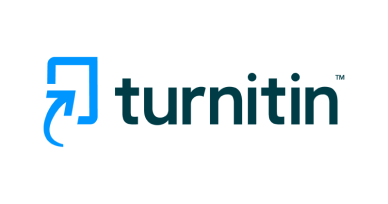- What is plagiarism? According to the dictionary of the Royal Spanish Academy, to plagiarize is “to copy in substance the works of others, giving them as one’s own”. That is to say that when you use information that you have taken from consulted sources such as: web pages, books, magazine articles, videos, images, etc. and you do not cite the author, you may be committing plagiarism.
- Classification of plagiarism:
- Slavish’ plagiarism: “when the unpublished work is reproduced in its entirety in a manner identical to the original”. (Gaviria, 2004, p.553).
- Intelligent’ plagiarism: “when the reproduction is partial, or when, even if it is total, it is accompanied by additions that seek to mimic it so that the integral reproduction goes unnoticed. (Gaviria, 2004, p.553).
- Intentional’ plagiarism: “is the conscious, intentional and planned deception of presenting as one’s own what is not”. (Morales, 2011 cited by Sanabria, 2014, p.89).
- ‘Unintentional’ plagiarism: due to ignorance about what is and is not plagiarism; it is, therefore, unconscious, unintentional and unplanned (Morales, 2011 cited by Sanabria, 2014, p.89).
REFERENCES:
Gaviria, Vicente E. (2004). Lessons in criminal law. Special part. Universidad Externado de Colombia. Sanabria, L.E. (2014). Legal conceptualization of plagiarism in Colombia. Rev Colomb Cir. (29), 88-97
Best practices to prevent plagiarism:
- Save your references and consulted documents in a bibliographic reference manager such as: Mendeley.
- Make quotations from the information you have taken, taking into account quotation marks for short quotations and indentation for long quotations.
- If you perform paraphrasing you must also make the corresponding citation.
- Cite the author according to the format used. (APA, IEEE, Vancouver, etc.)
- Check the originality of your work through the Turnitin report. More information here (hyperlink to the screenshot of the service=)
- If you would like more information, please ask for advice on citation and referencing to the following e-mail: servicios.biblioteca@usbcali.edu.co.







